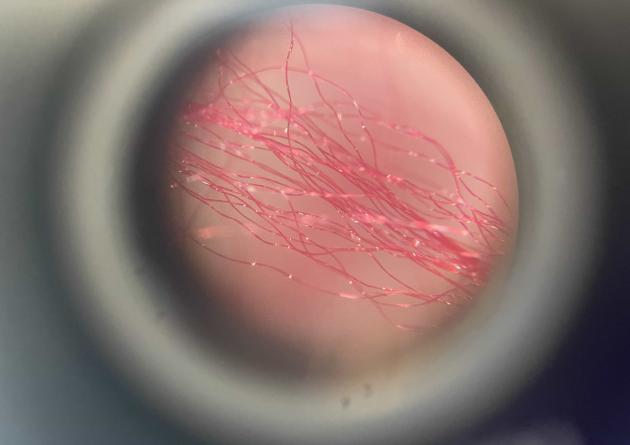The greatest environmental challenges of our time - climate change, sustainable energy, conservation, and mitigating pollution, just to name a few - are highly complex issues, and understanding how to solve them requires teams that collaborate across disciplines, oftentimes across the globe.
The Bren School is a leading center of environmental research conducted by faculty, postdoctoral scholars, visiting researchers, and students. Bren researchers are leaders in disciplines and issues that span the natural sciences, data science, engineering, law, policy, economics, business, and more under the umbrella of environmental science and management.

Faculty Research
Bren faculty, lecturers, and visiting scholars are subject matter experts in areas that span the natural sciences, data science, law, policy, corporate practices, and economics.
PhD Research
Bren School PhD researchers immerse themselves in the process of conducting research to analyze, quantify, and develop solutions to complex environmental problems.
Master's Research
Every Bren master's student completes a research-driven thesis project on behalf of a client, developing comprehensive solutions to real world environmental problems.
Research Centers and Partners
Researchers at the Bren School collaborate across disciplines and departments, and oftentimes across the globe, to make a real impact solving environmental problems. Graduate students, post-docs, and visiting researchers benefit from Bren’s close partnership with these centers, institutes, and labs around the world

Strategic Environmental Research Initiatives
The Bren School's Strategic Environmental Research Initiative (SERI) program was launched to create new collaborations aimed at developing timely solutions to the grand environmental problems of our time. Involved faculty have the opportunity to assemble a broad community of scholars from the Bren School, the greater UCSB campus, and beyond to achieve significant progress in addressing these large-scale environmental challenges. SERI topics are also integrated into the Bren master's and PhD curricula, the Bren public colloquium series, and campus-wide activities.
SERI-Fire
Wildfires have been increasing in the western U.S. and elsewhere, a trend that is expected to continue with climate change. And while fire plays a vital role in maintaining the health of many ecosystems, it can also be a destructive force that puts human communities at risk. Recent ecological research has highlighted how changes in climate and land-management practices can affect fire regimes and their impacts.
Wildfire risk and climate change is the theme of SERI-Fire, a project funded by the National Science Foundation and the National Socio-Environmental Synthesis Center (SESYNC). Participating scientists develop new management strategies to prepare for and respond to wildfires in a changing climate.
Our Global Impact
Bren researchers and students develop solutions to critical environmental problems around the world. We are expanding our scientific understanding, planning and implementing viable solutions, and building sustainable industries.



